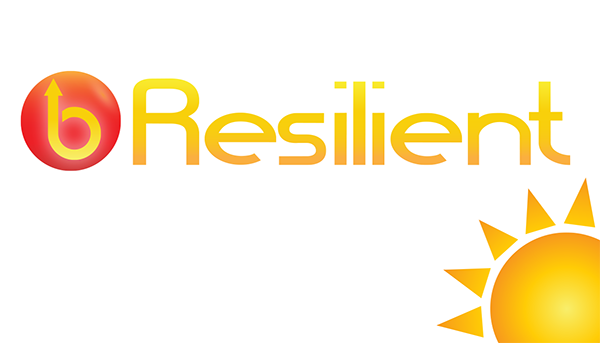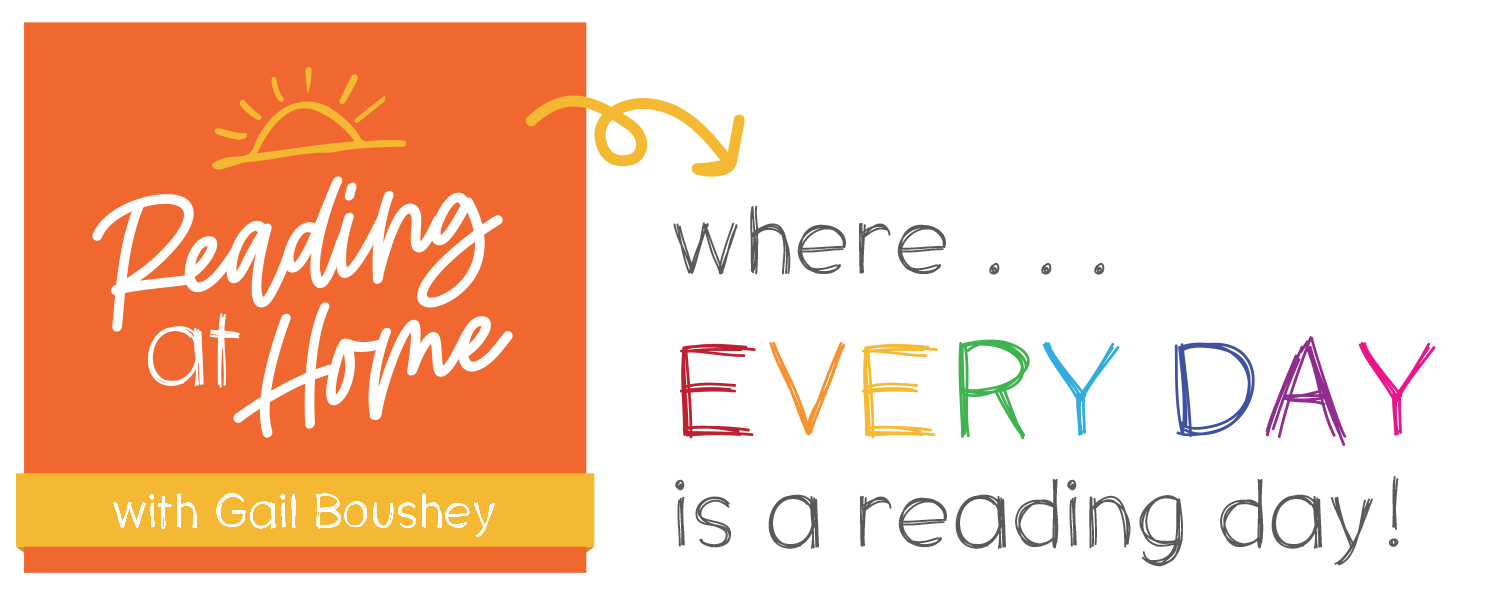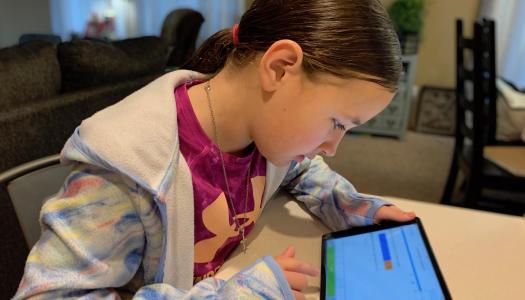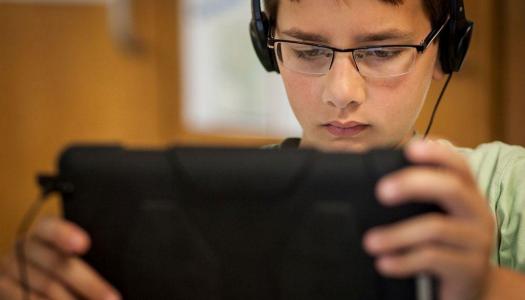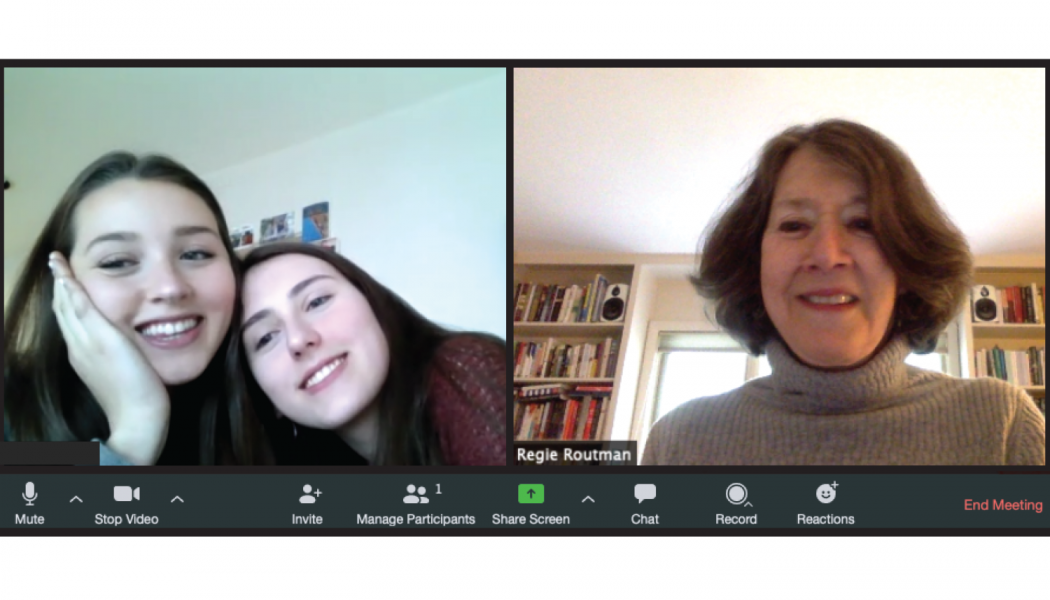
Regie Routman
Dear Colleague,
When schools recently closed because of the coronavirus pandemic, like you, I kept thinking, What can I do to make things easier, more equitable, and more meaningful for teachers, students, and their families in these extraordinary times? Increasingly, I worried—and I’m still concerned—that too many of our students, and in particular our underserved ones, may be experiencing large chunks of their days without access to fulfilling or beneficial learning. As a teacher and author, what could I do? I write to you now to share my thoughts, with the purpose and hope of making your current teaching—and students’ learning—more engaging, efficient, and enjoyable.
In Seattle, where I live and where my granddaughters have attended the public schools, I knew the Seattle Public Schools and Seattle Public Libraries were successfully working with the community to provide food security and “book security” for students and families in need. I wanted to do something in this moment, and equity weighed heavily on my mind: how do we help provide meaningful literacy access to every student, many of whom do not have a computer or Internet access?
My lifetime of work has been devoted to raising expectations and results for all students, regardless of a learner’s designated label, level, language, or test score. Much of that work has been focused on the power of activating the reading-writing connection. Especially for learners who struggle, the reading-writing connection is paramount—becoming a discerning reader and noticing what authors do and applying author’s craft and conventions to their own writing. Also, storytelling is crucial—reading, hearing, creating, valuing, and publishing our own stories. When we encourage and respect each other’s stories, we validate and dignify every learner’s life and culture.
I thought about how writing is as necessary as reading and how writing can be done with the simplest of materials—paper and pencil. I know from research and experience that writing increases reading abilities and that for some students, writing is a way into reading, especially when students have some choice in the writing topic and an authentic audience and purpose for the writing. It is then that students invest their full energies and willingly reread and revise to produce their best work. The reading-writing connection, which is crucial to optimal literacy development at all grade levels, can be enhanced with just paper and pencil.
And so the idea sprang to mind: “Why not make blank notebooks available at the food sites, along with the books?”
I collaborated with my enthusiastic granddaughters, Katie and Brooke, to cowrite the one-page document “A Notebook for You,” which will be placed inside each notebook. The guidelines are deliberately open ended; they are meant as suggestions to jump-start thinking.
During this challenging time in all of our lives, daily writing—by students and adults—can provide respite and a safe, creative, and emotional outlet. Through writing and/or illustrating stories, poems, journal entries, comics, graphic texts, or whatever form or genre the imagination conjures up, we can add meaning and documentation to our present and future lives.
With admiration and deep respect for all you do for students,

Regie Routman is a longtime educator who works side by side with teachers and administrators in underperforming schools and districts to increase and sustain reading and writing achievement and joy in learning for all students. She is the author of many books and resources, most recently Literacy Essentials: Engagement, Excellence, and Equity for All Learners (Stenhouse, 2018). She can be contacted on www.regieroutman.org and on Twitter @regieroutman and Facebook @regieroutman.
During this uncertain time, we will continue to connect with you through our Tip each Friday providing you an inspirational story and resources that can be used in a school setting or adapted to meet your students’ needs at home or virtually. If you have an idea that you would like to share, email us here. Together, we will continue learning so that we are ready when we return to school with our students. ❤️
Get this free resource for your students now!
News From The Daily CAFE
Online Math Resources for Home Practice
Online Literacy Resources for Students
